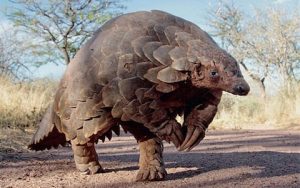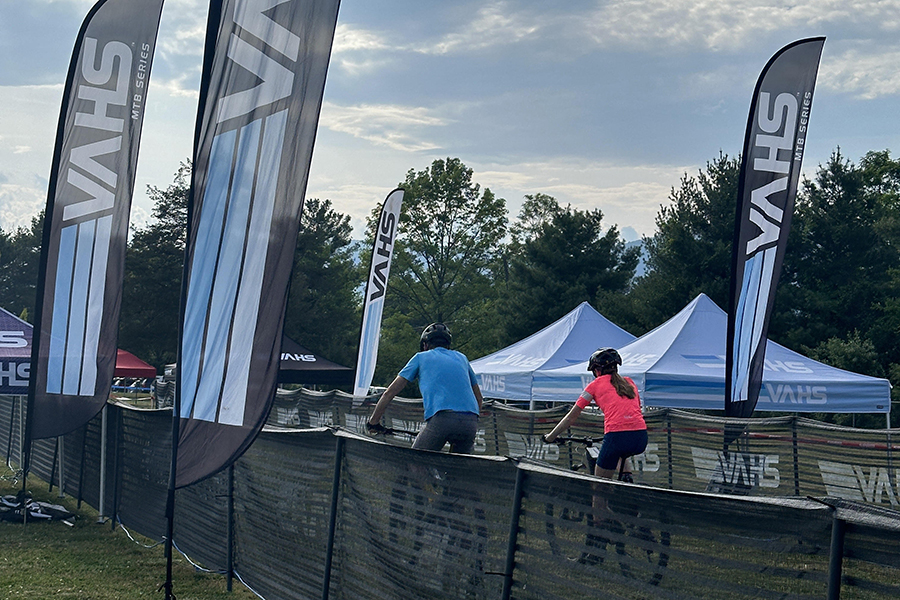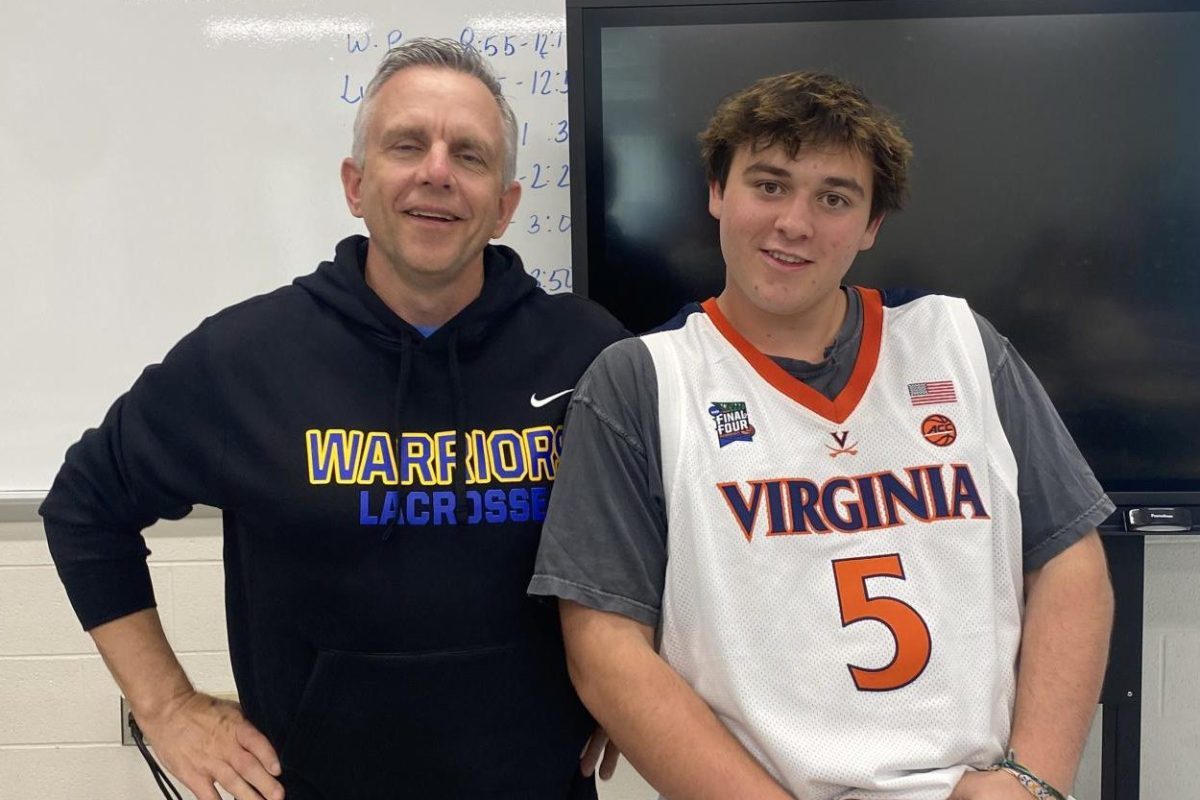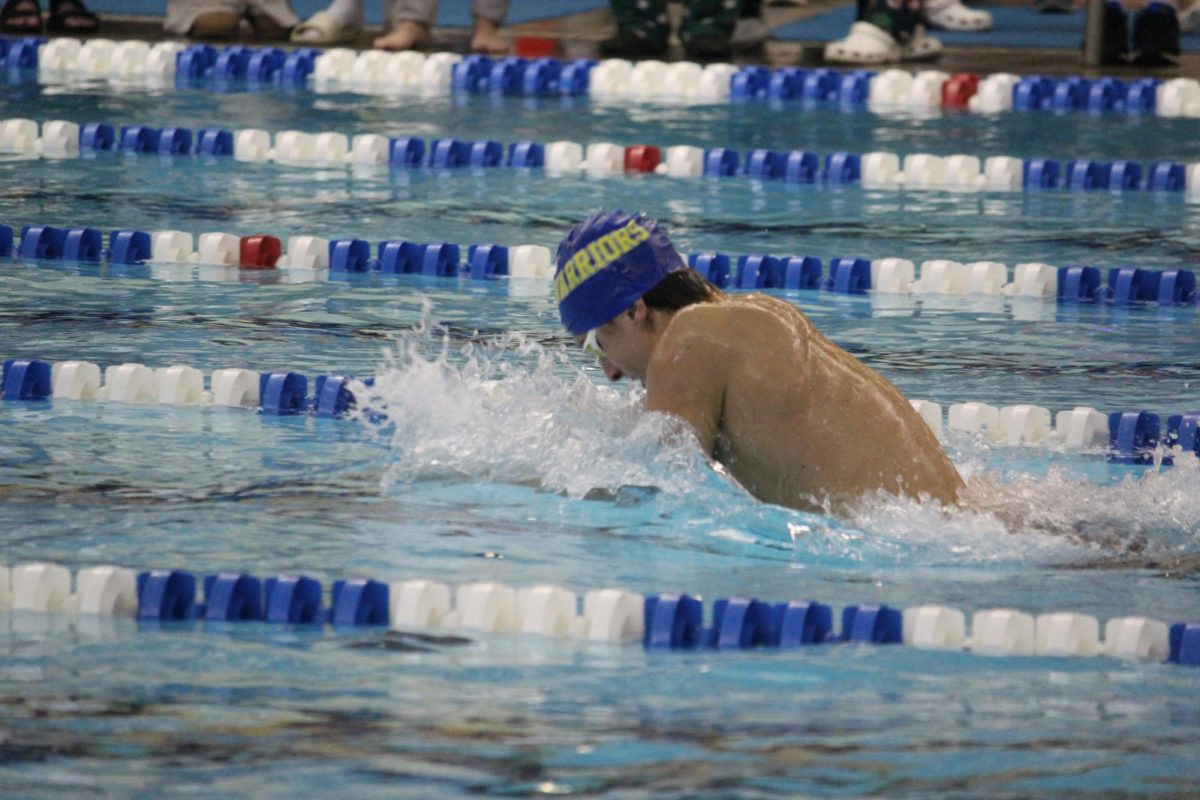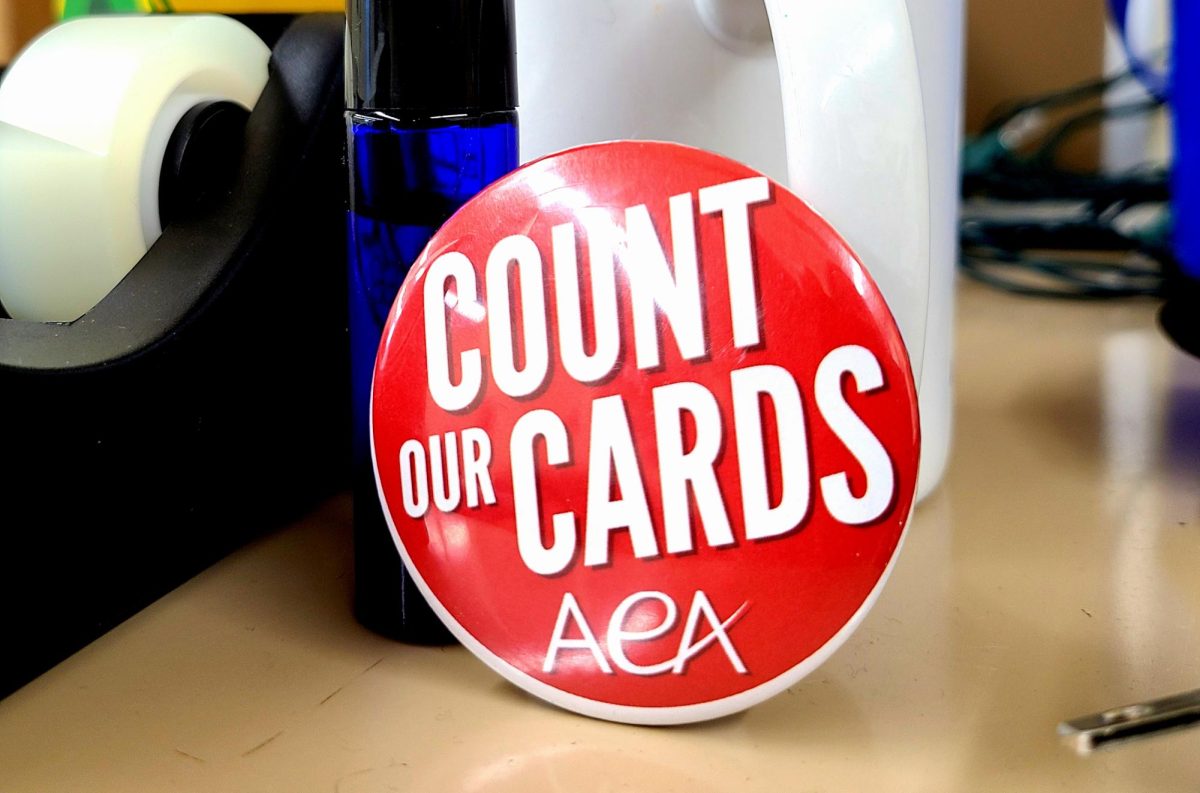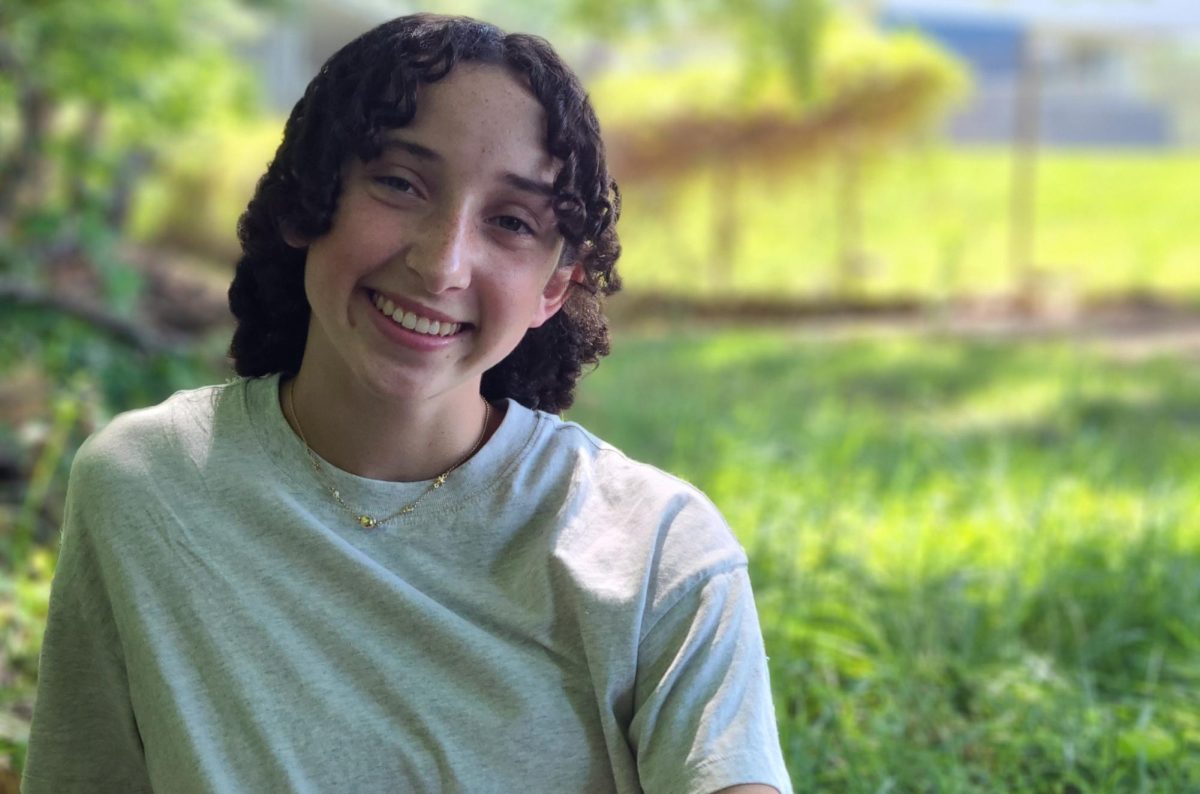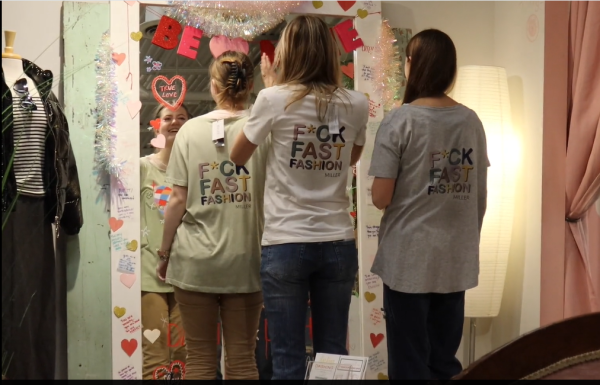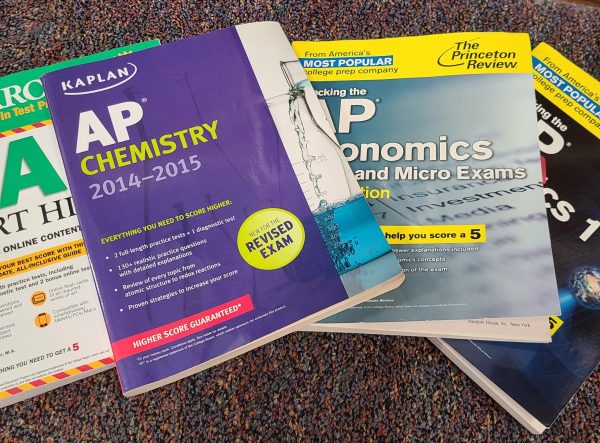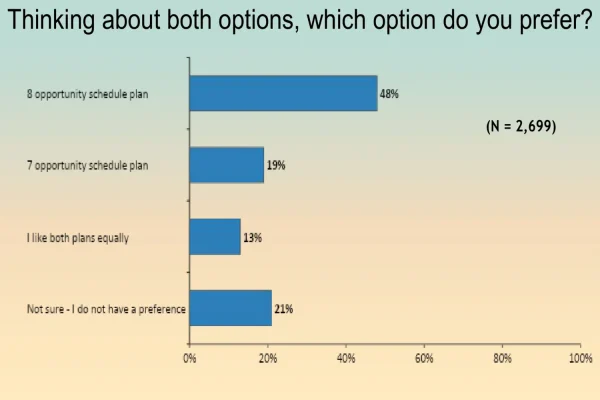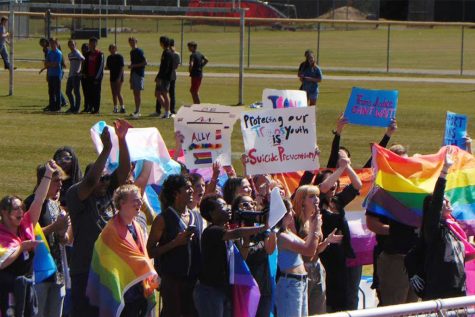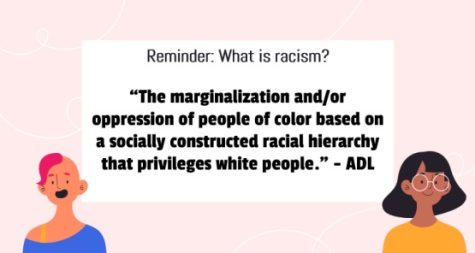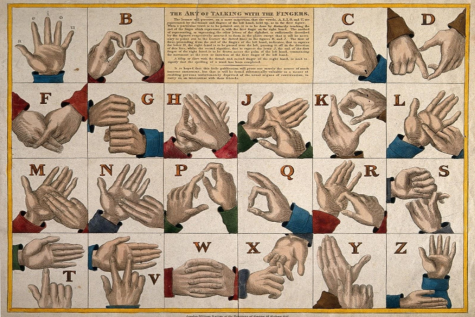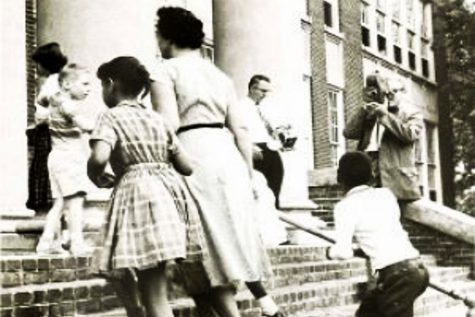Claire McMahon: Pretty Young Thing
Credit: Emmy Franklin
Claire McMahon shares the discrimination and harassment she experiences while reporting on sports for the Western Hemisphere.
January 4, 2023
Women in sports fields are often unrepresented, disproportionately reported, ignored, and mistreated.
Women’s participation in sports journalism is still new. Female journalists began reporting on sports in 1970, and participatory figures are still egregiously low. According to Zippia, just 22% of American sports journalists are female. From administrative roles, to athletes, to reporters, women struggle just to be heard.
Not only are women in sports journalism underrepresented, there is an overt culture of harassment and discrimination. While a hostile work environment is not unusual for women, it is not an excuse.
Last year, after I took responsibility for Western Hemisphere’s sports section, I experienced this personally. It was hard work. I was the sole person going to games, taking and editing photos, posting galleries, reporting, and managing our official Instagram on top of my other classes.
When I was the only woman on the sidelines or in the dugout, I would hear crude words and vulgar insults directed at me. I endured comments that I must be “bored reporting on (male dominated) sports” that I “didn’t understand”, calling me a “pretty young thing”, or a “feminazi” have put me in unnecessarily uncomfortable and unacceptable positions.
While attending games, I’ve felt uncomfortable reporting on certain sports due to harassment. This has resulted in a hyper-awareness of my surroundings, as to avoid being hit by any loose balls but also physical touch from others. I have to do all of this while maintaining my focus on the game. The stress and discomfort of experiences like these have even led to me leaving games early.
This year, I have a variety of staff writers available to help run the sports section. I was hopeful that the harassment and discrimination would decrease or cease to exist at all.
Unfortunately, this has not been the case. The first game I reported on, when I asked the opposing team’s coaches for a scouting report, they did not even look at me.
While every context clue would point to looking at me, they looked at the male photographer who knew nothing about journalism. He was standing behind me, holding a camera while I was holding my notes, but he hadn’t said a word let alone asked a question.
Even if you didn’t have these clues, the fact that I asked the question should’ve been enough to direct their attention to me yet they still looked to him.
My love for journalism has been used as an opportunity for coaches, players, students of both teams, and spectators to verbally and sexually harrass me. Unfortunately this abuse of power has interfered with my ability to report.
This year as sports section editor, I have more authority and availability. When sending reporters out to games, I always consider their safety. I look into what teams are playing, who would be the best fit, and if there would be any problems for my reporter.
Whether intentional or not, the harassment and discrimination is present and everyone needs to be more aware. I wasn’t aware when I took on this role last year that I would experience this level of harassment, and I sincerely hope that no one else has to endure it.
My goal is to be able to leave the sports section to a group of young journalists who will not experience harassment or discrimination based on their gender. The first step to achieving this goal is to start speaking up about my experience.








